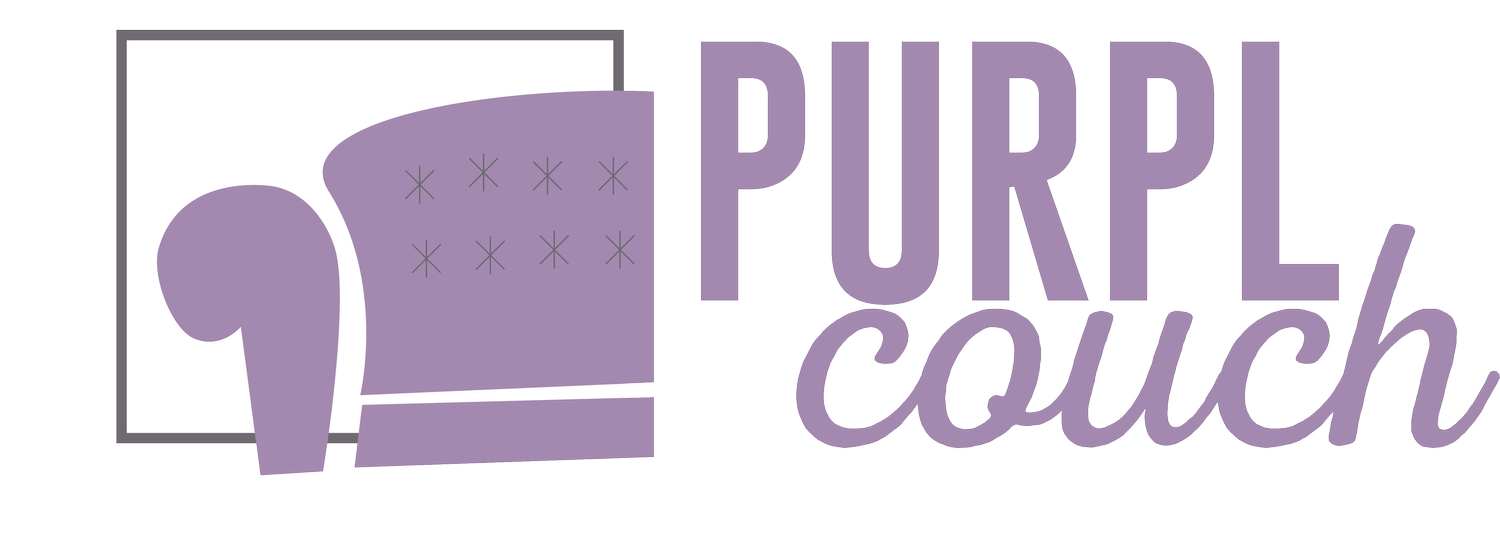Hi 👋 from ‘Uncle Sarah’
I’ve been spending some time with my family this Labor Day weekend, and it’s bringing back memories from when I got divorced. My nieces were ages 3 and 7 at the time, and very curious about my situation.
Why would I be moving out from my house? Why won’t they be seeing their uncle? Why is Aunt Sarah so sad? How did this happen?
Dang those are great questions.
I did my best to explain what I knew - that their uncle and I weren’t happy together anymore. We’d be living apart. We wouldn’t be married anymore. They wouldn’t get to see him much. This was hard, but was going to get better. I loved the two of them, and that would never change.
By the time I was done, my 3-year-old niece had already returned to her coloring book, but I could see the 7-year-old deep in thought. My sister, brother-in-law, and I exchanged looks. We sat in silence for a while.
My niece finally looked up and inhaled deeply. “Well,” she sighed, “I guess you’ll have to be Aunt Sarah and Uncle Sarah.”
.
.
😭💜
.
.
Divorce affects everyone in some way, even extended family. And life goes on. Hearts heal and are capable of giving and receiving love again.
And the kids grow up! Now I also have a nephew, and they are shining lights in my life. These three sticky, marker-covered, small humans have been part of my healing process. Someday I will tell them just how much that has meant to me.
Until then, I’ll just keep being their Uncle Sarah.
🖖
PS: If you’re a parent facing a divorce, there’s good news. Child psychologist Paul Foxman explained to me when I developed my course Fresh Start, that a child’s health after divorce is predicted not by “the acute stress of conflict at the time of separation, but rather by the ongoing co-parent relationship after the divorce.” The children will be so much more resilient if the parents can put their child at the center - rather than in the middle - of their divorce.

